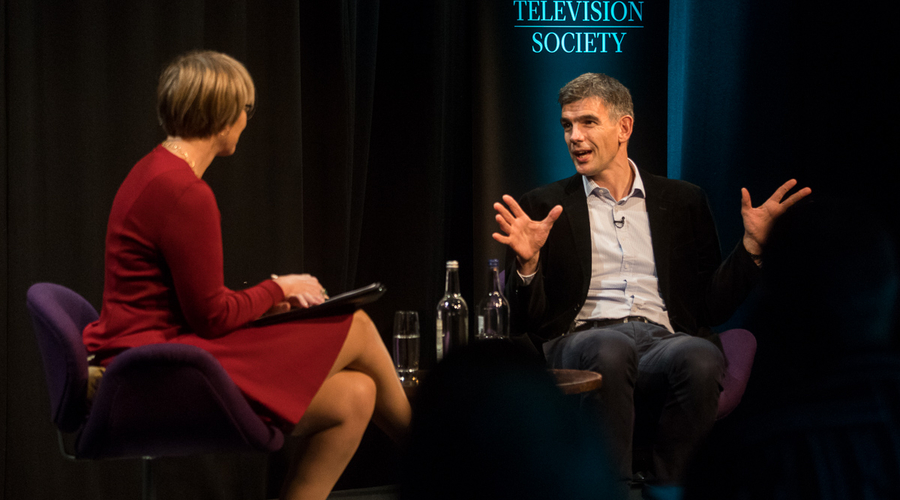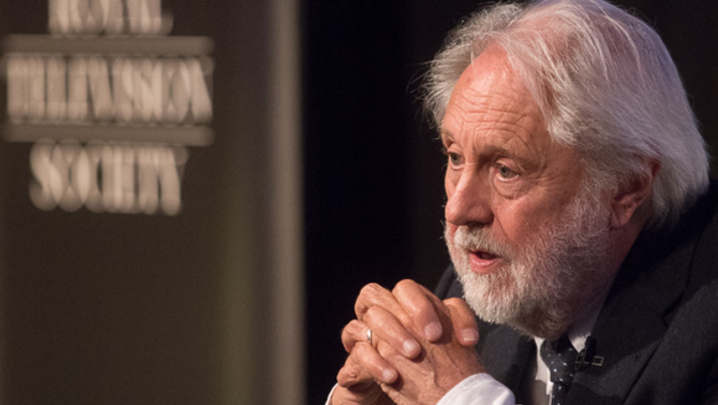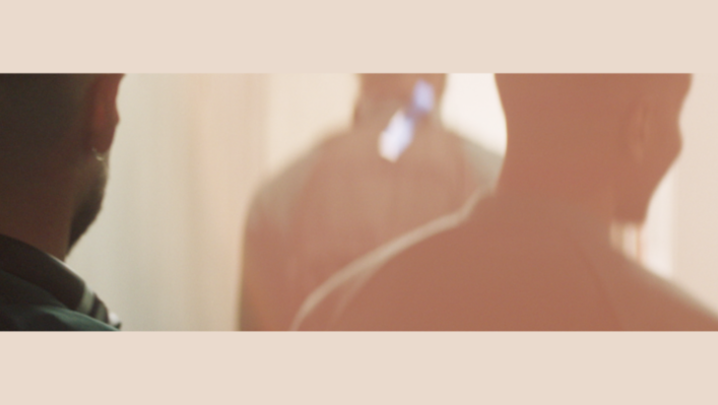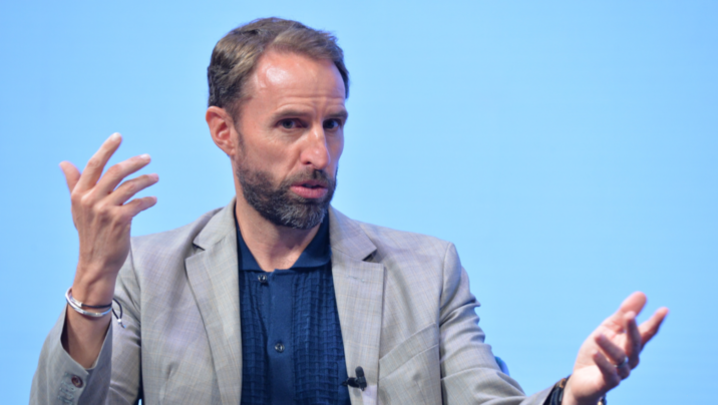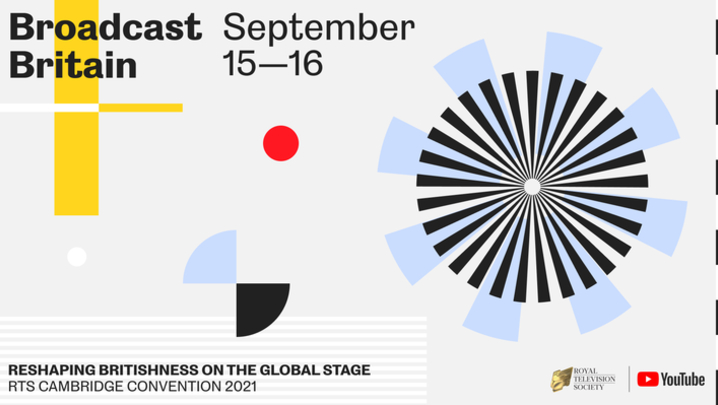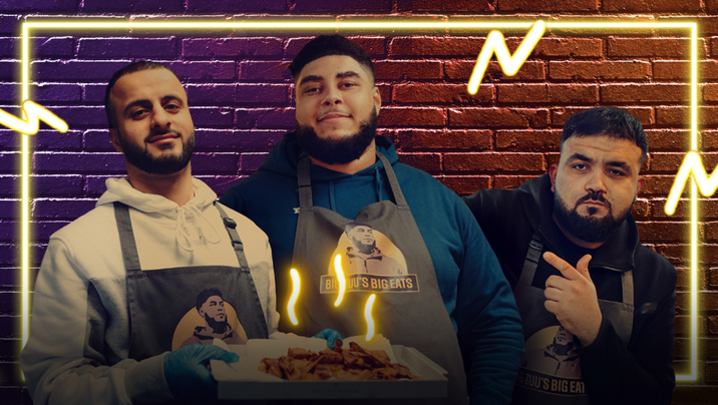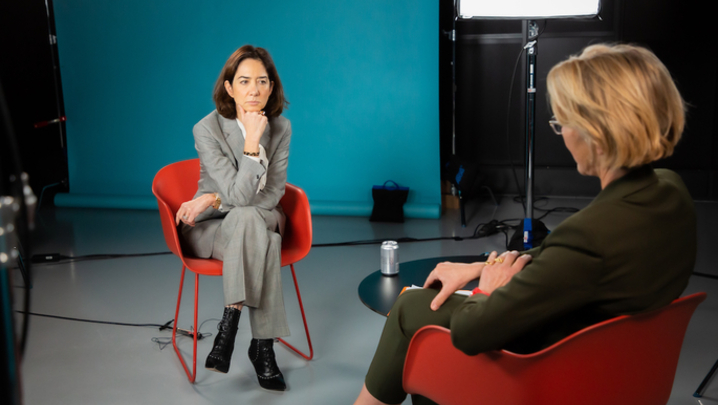Google’s Matt Brittin delivered some harsh words – and advice – for television bosses at a sold-out RTS event at the end of November: “It’s a wonderful industry, but it’s incredibly inward-looking in the UK.”
“Don’t take this as me being rude, but as a Brit who’s proud of and grown up with our amazing content,” he urged broadcasters to experiment “with different platforms and technologies – I really believe there’s an enormous opportunity for original British content.
“We need some positive opportunities for export right now and the [online] audience is there, it’s growing and it’s going to double in the next five years.”
Brittin – Google’s head of business and operations in Europe, the Middle East and Africa for the past three years – was pressed strongly by journalist Kate Bulkley on whether YouTube (which Google snapped up in 2006 for what now seems the ridiculously small sum of £883m) should face greater regulation in the UK.
“YouTube is a significant video consumption platform,” said Bulkley. “You’re looking more and more like a broadcaster. When should [you] be regulated like a broadcaster?”
Brittin agreed that YouTube was a huge platform. He revealed that “about 1bn hours [of video] a day are watched, of which about 100m are on television screens – that’s actually the fastest growing of the screens.”
However, he defined a typical “broadcaster” as an organisation that commissions programmes from “professional content creators” to fill airtime. “On YouTube, anybody with a smartphone can upload video content to a YouTube platform and it can be accessed anywhere. That feels slightly different to a broadcaster.”
Click here to watch the event in full
With the launch of its new subscription service, YouTube Red, in the US two years ago, Google started to commission content, but Brittin denied that the company has “any ambition to follow” the model of subscription video on demand (SVOD) companies such as Netflix.
“YouTube will remain overwhelmingly this enormous platform where people can share and find content of all sorts,” he said.
The Google boss was adamant that YouTube was sufficiently regulated: “We have to comply with all the rules in all the countries in which we operate.
“We’re not a broadcaster, but we do have responsibilities and regulations that we need to comply with.”
Brittin also responded to Lord Puttnam’s call during his RTS lecture in October for greater regulation of the tech giants, which he argued was needed – as well as robust journalism – to protect democracy.
“I’m a big fan of Lord Puttnam – he’s a fantastic industry figure but also a thinker on issues,” Brittin replied.
“I don’t think any business person is going to put their hand up and say, ‘We need loads more regulation.’ But, we are regulated. We don’t have the same set of rules as a newspaper or a television station – and I think that’s appropriate,” he replied.
At the RTS event, Brittin also discussed Google’s response to online fake news. “We want good content to thrive and have a sustainable business model,” he said, “and we want to stop bad ‘actors’ and bad content.”
Brittin argued that Google News, which was launched 15 years ago and now aggregates news from 80,000 accredited sources, provides the “good content”.
To tackle the “bad content”, Brittin said Google policy is to “follow the money” and remove the economic incentive to produce fake news. “Why is a Macedonian village publishing 100 websites about the US elections, purporting to be from US newspapers? Because they can make money.
“We don’t want them to make money from our programmes, so we have tried to introduce much better screening for misrepresentation – you’ve got to be who you say you are.”
At the end of the evening, Brittin tried to reassure broadcasters feeling threatened by the rise of the online platforms. At Google, he added, “we love the TV industry and we want to be partners in the transformation. Some bits of it are bumpy, but genuinely it’s a huge opportunity.
“I hope we can be partners in making amazing content that comes from here and thrives across the world.”
“In conversation with Matt Brittin” was held at the Hospital Club in central London on 29 November. The event was produced by Paul Naha-Biswas.

